- Home
- Fully Funded PhD Studentship: Multiscale Modelling and Analysis of Cancer Growth, Invasion and Treatment Strategies
Project Supervisors:
Supervisor 1 Dr Gibin Powathil (Mathematics, College of Science)
Supervisor 2 Professor P Nithiarasu (College of Engineering)
Project description:
Mathematical Oncology is currently an emerging and vibrant research area where we use mathematical and computational tools to study various aspects of cancer growth, invasion and associated multimodality treatments with an aim of providing better, individualised treatments to the patients.
The multiscale complexity of cancer progression warrants a multiscale modelling approach to produce truly predictive mathematical models. In order to capture all the dynamics of cancer progression, we need to couple processes that are occurring at various spatial and temporal scales. This studentship aims to develop and analyse multiscale 3D computational and mathematical models for cancer growth and spread, incorporating details of the various spatial and temporal scales involved in the growth and progression of solid tumours to provide an optimal patient-specific treatment protocol. We will study multiple anti-cancer therapeutic strategies such as chemotherapy, radiotherapy and immunotherapy by analysing their effects in tumour control and in the patient survival probability. The goal is to implement the models in a user-friendly framework to assist the clinicians in devising an optimal treatment strategy.
The process of developing a clinically relevant model requires careful formulation and involves collaborative modelling and clinical partnerships to account for the relevant mechanisms involved in various spatial and temporal levels of cancer growth. This is a multidisciplinary project with national and international collaborative partnerships from clinical, computational and experimental researchers. For more information on this project, please visit:
http://www.swansea.ac.uk/maths/researchgroups/mathematicalmethodsinbiologyandlifesciencesgroup/
The successful candidate will be expected to commence their studentship on 1 July 2016 or 1 October 2016 at the latest.
Academic Requirements:
Candidates must have an upper second class honours degree at undergraduate level or a Masters degree (with Merit), in a relevant discipline.
Knowledge in cancer biology is not essential but the candidate will be required to learn appropriate biological and clinical knowledge in order to develop predictive mathematical and computational models. The candidate is expected to have a strong applied mathematical background. Strong computational and programming skills in one or more programming languages such as C, C++ and Matlab are preferred. Strong interpersonal skills and the capacity to work and learn independently will be required.
Residency Criteria:
Due to funding restrictions, this studentship is open to UK/EU candidates only.
Apply Now
Scholarships are not only for the smart students. Anyone can get scholarships
Spread the word to help others. Click share now!!
Important Tip!!
Apply to as many scholarships as possible.Present your letter if Intent clearly and you will surely get an institution that will be interested in your profile.
Similar Scholarships
- 06.27.2017
Game development scholarship
- 12.08.2015
Postgraduate Bursaries for Teacher Training
- 03.04.2016
Geography Scholarships for UK/EU Students
- 12.08.2015
PhD Studentship and MLitt Scholarships
Scholarship Categories
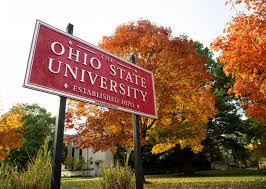
- 2025-09-09 13:46:25
Ohio State University Fully Funded Scholarships in USA 2026

- 2025-09-09 13:14:07
2025 FCM Foundation Scholarship For Nigerians

- 2025-09-09 12:08:48
2025 Stanbic IBTC Scholarship

- 2025-09-09 11:49:55
Rolls Royce Fully Funded Scholarship at University of Nottingham UK 2026
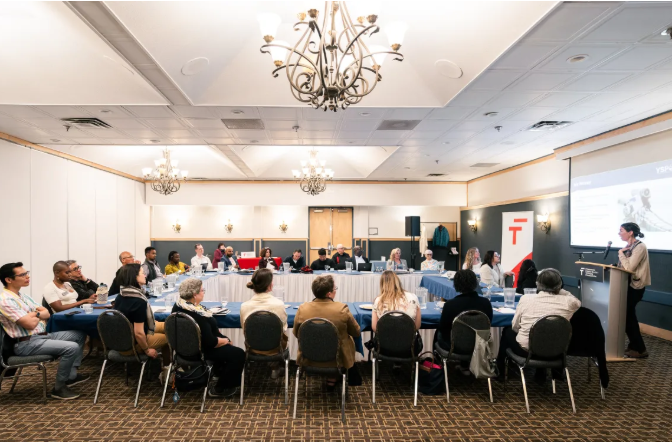
- 2025-09-09 11:05:14
2026 Pierre Elliott Trudeau Fully Funded Scholarship in Canada
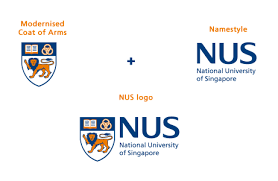
- 2025-08-29 10:17:50
2026 Lee Kuan Yew Fully Funded Scholarship in Singapore

- 2025-08-29 09:44:03
2026 Transform Together Scholarship at Sheffield Hallam University, UK
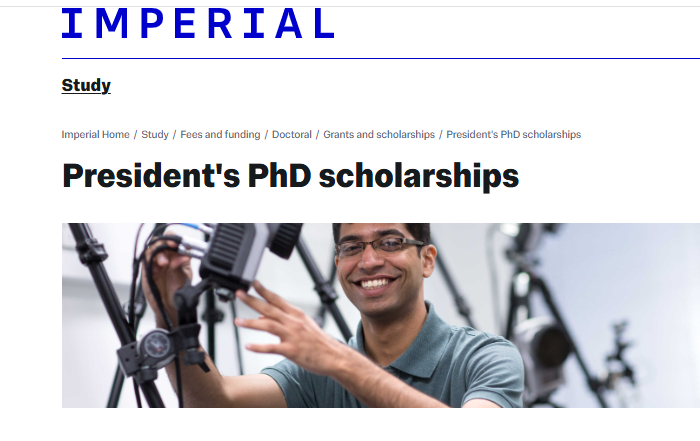
- 2025-08-29 07:45:54
2026 Imperial College Fully Funded President Scholarship in UK

- 2025-08-22 09:54:18
Hong Kong Fully Funded Fellowship Scheme

- 2025-08-22 09:39:01
2026 World Bank Government Analytics Fully Funded Fellowship Program

- 2025-08-22 08:08:38
2026 KAAD Scholarship in Germany For International Students
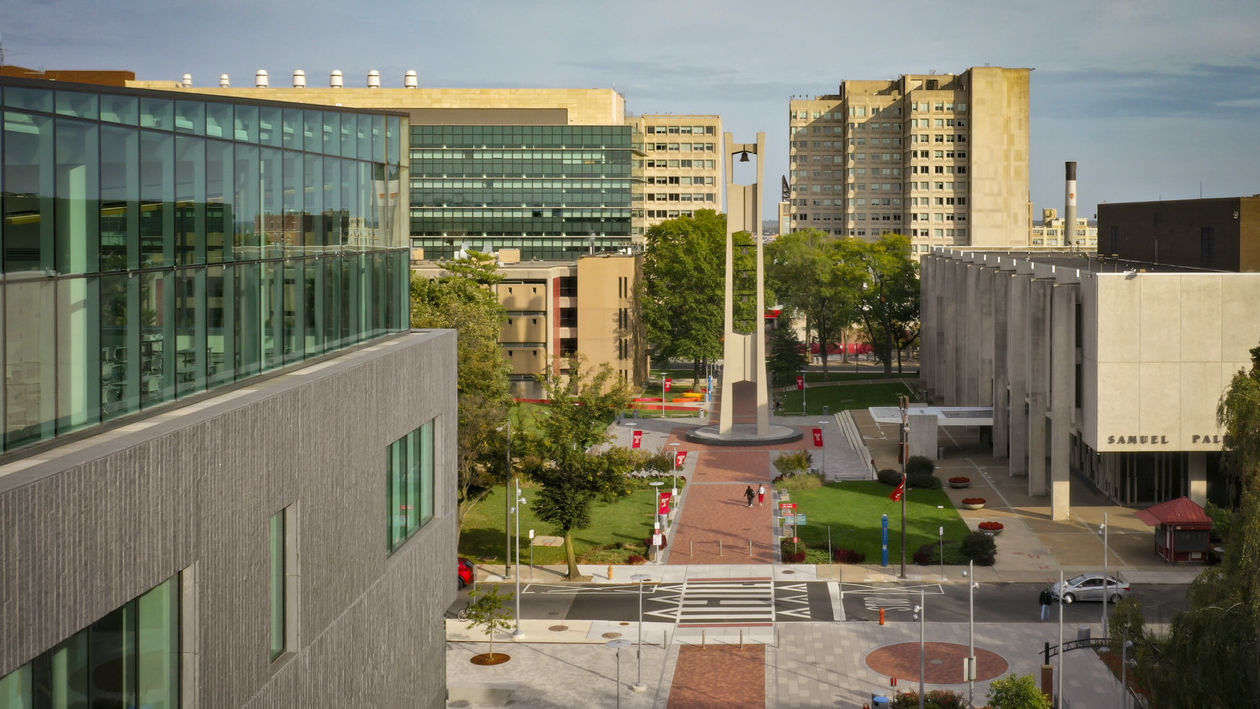
- 2025-08-22 07:44:47
Temple University Scholarship in USA 2026

- 2025-08-12 15:04:14
2026 NHR Fully Funded Scholarship in Germany

- 2025-08-12 14:44:52
2026 Chevening Energy Market Reform Fully Funded Fellowship in UK

- Viewed:
- 3471512 Times
- Posted: 2016-03-05 09:45:52
The MARCS Institute for Brain, Behaviour and Development: CoEDL PhD Scholarship- Speech and Language & Music Cognition and Action

- Viewed:
- 2982572 Times
- Posted: 2016-03-28 08:01:52
NSW Environmental Trust PhD Scholarship

- Viewed:
- 1417506 Times
- Posted: 2016-03-19 10:19:35
The MARCS Institute for Brain, Behaviour and Development: CoEDL PhD Scholarship- Human-Machine Interaction & Speech and Language

- Viewed:
- 1239416 Times
- Posted: 2016-03-09 20:34:01
PhD Opportunities at Murdoch University (Australia)

- Viewed:
- 565493 Times
- Posted: 2016-03-14 19:07:43
preventing the progression of acute to chronic whiplah

- Viewed:
- 441218 Times
- Posted: 2016-03-22 11:06:35
Treatment outcomes in multiple sclerosis

- Viewed:
- 411728 Times
- Posted: 2016-03-09 09:24:05
Adaptation to urbanisation

- Viewed:
- 311102 Times
- Posted: 2016-03-09 09:33:58
PhD in social dimensions of global change research between USC and Brock University

- Viewed:
- 298234 Times
- Posted: 2016-04-02 20:43:04
Modelling of steel and concrete composite structures under extreme loading

- Viewed:
- 186874 Times
- Posted: 2016-03-08 08:21:13
ABIOTIC STRESS TOLERANCE IN MODEL AND CROP PLANTS: UNDERSTANDING THE ROLE OF MEMBRANE LIPIDS AND PROTEINS.��

- 08.22.2020
I love scholarships
WHy SCHOLARSHIP GRANTS
iScholarshipGrants.com is a comprehensive online platform dedicated to helping students find scholarships and grants for their education. The website offers a wide range of funding opportunities, including merit-based, need-based, and program-specific scholarships, making it easier for students to access financial support. With regularly updated listings, iScholarshipGrants.com simplifies the search for scholarships across various fields of study, helping students achieve their academic and career goals without the financial burden.
CONTACTS
- 80 Calsttock Drive Toronto, Ontario.
- +1 6479689191
- support@ischolarshipgrants.com
POPULAR SCHOLARSHIPS
- Amount
- October 30, 2014
The Baxter Corporation - Jean Goodwill Scholarship
Copyright ©2024 ischolarship grants

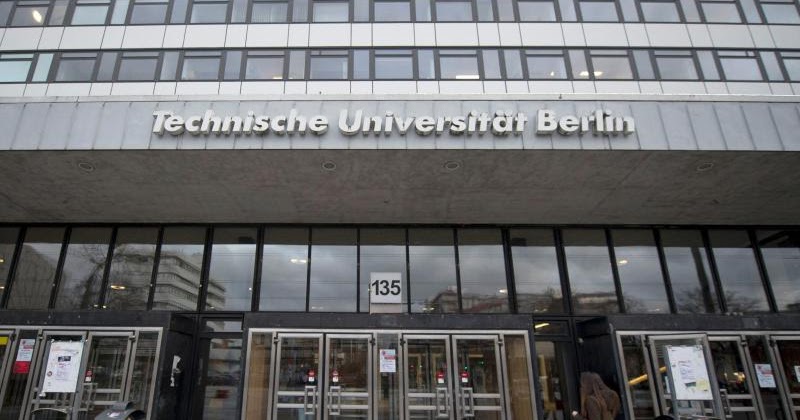
Have a Question about this Scholarship?